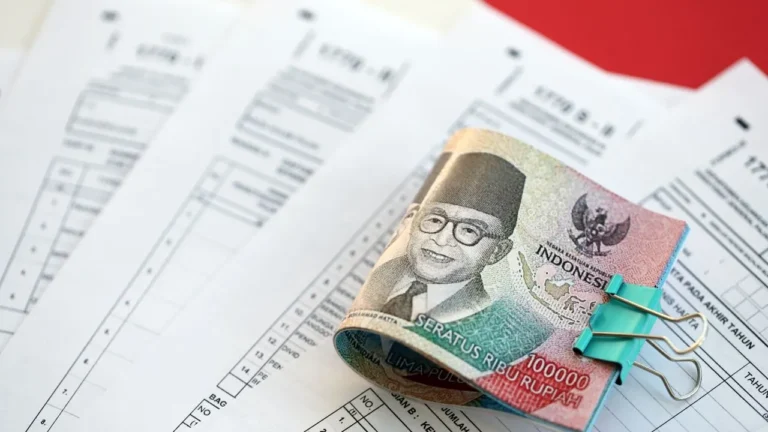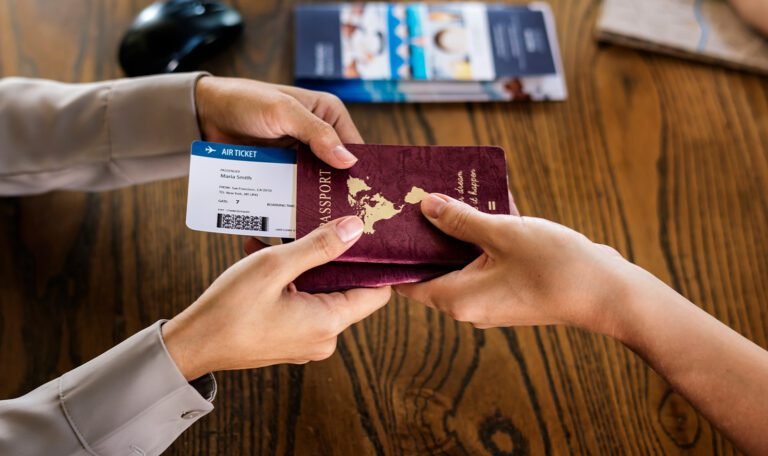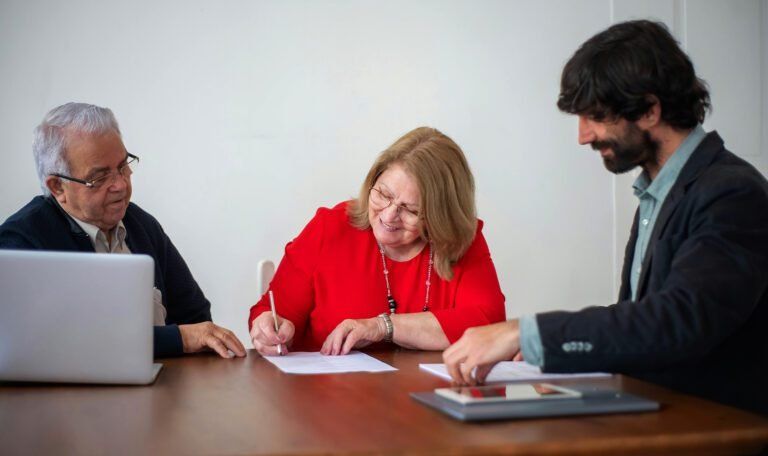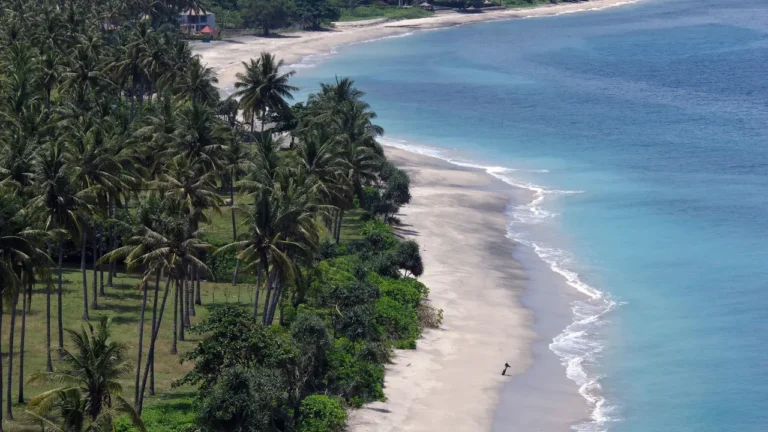Table of Contents
TogglePlanning your relocating to Bali? Understand the costs, find the best international school, and settle into Balinese life with minimal hassle. This essential guide offers direct advice on creating a comfortable life in Bali’s warm and culturally vibrant setting. Bypass the fluff and dive into specifics with a focus on what truly matters for families and individuals moving to this tropical haven during their relocation to Bali.
Key Takeaways
- Bali is a popular destination for expatriates considering relocating to Bali due to its rich culture, scenic beauty, friendly community, warm climate, and affordable cost of living.
- For families relocating to Bali, international schools play a crucial role. These schools, including IB World Schools, bilingual/multilingual schools, and eco-friendly institutions, provide high-quality, diverse educational options that cater to different needs and focus areas. Considerations for curriculum, extracurricular activities, and teacher qualifications are essential when choosing the right school for your child.
- Financial planning for relocation must account for various expenses such as visa fees, health insurance, and international school tuition, which varies across different schools and may include additional one-time enrolment fees and sibling discounts.
Why Relocate to Bali?
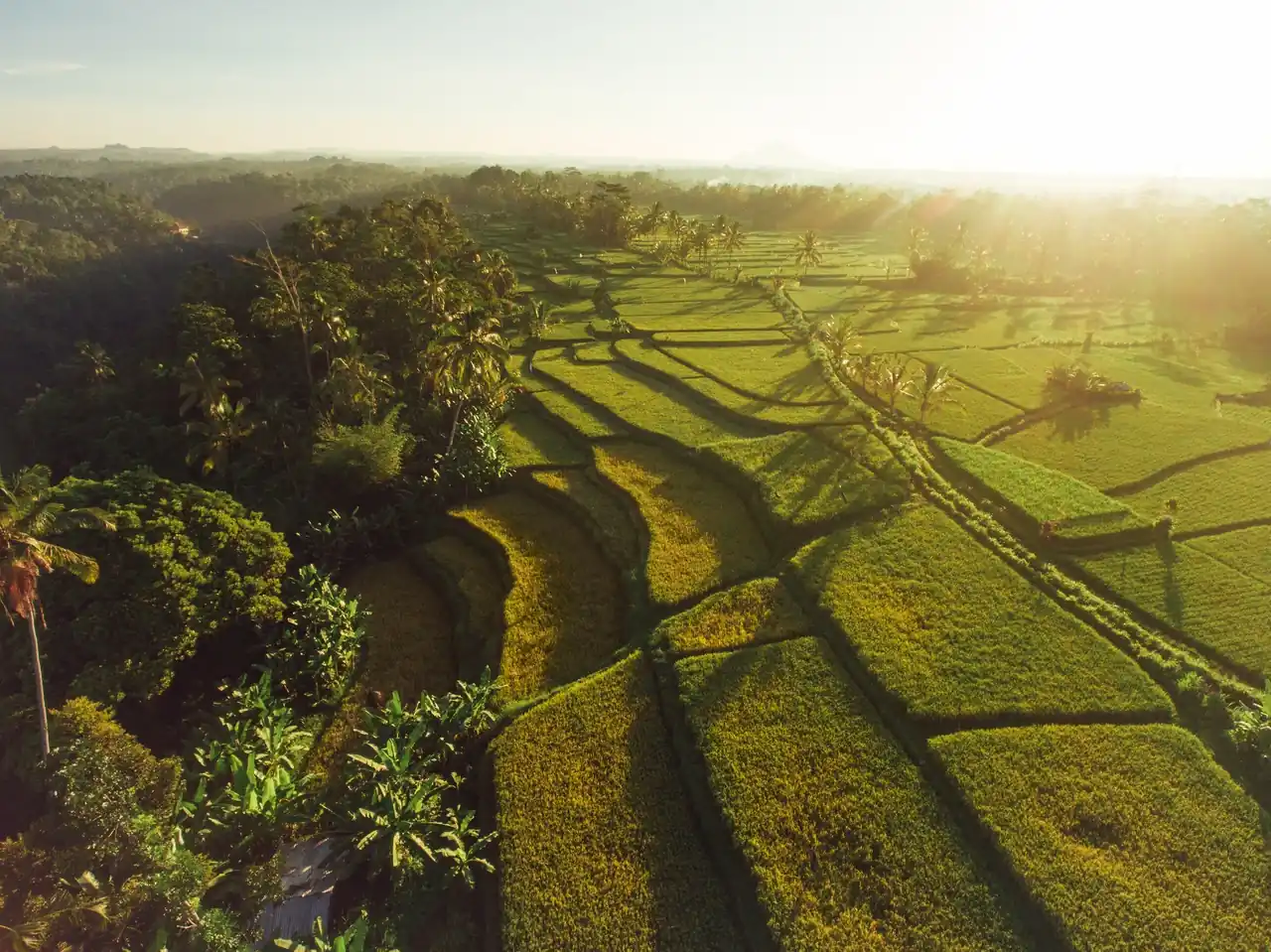
Bali boasts:
- A vibrant cultural heritage
- Breathtaking landscapes encompassing verdant jungles and emblematic terraced rice paddies
- An amiable local community known for its hospitality
- Consistently warm temperatures that provide a haven from the chill of colder climates
- Opportunities to embrace an al fresco, wellness-oriented way of life
- Irresistible opportunities for swimming and island exploration within this tropical haven
Bali is appealing for those considering relocating to Bali because it offers expatriates cost-effective living options. Affordable extended-stay housing in villas combined with access to Western comforts and supermarkets enable one to live economically without sacrificing quality while immersing oneself in Indonesian culture and venturing out into other parts of Southeast Asia.
Your visa process is made easy with ILA
Indonesia has so many visas to choose from, each with its own requirements, regulations, and duration. With more constantly being issued by the government, it can be hard to keep track and choose one that is right for you.
With the help of ILA, you can be sure that you’ll get the best visa for your needs as quickly and efficiently as possible without having to worry about any missing documents.
Whether you’re looking for an Investor KITAS, Working KITAS, Second Home Visa, Spouse KITAS, Multiple Entry Business Visa or Remote Worker Visa, we can help make the process efficient and smooth.
Schedule a free consultation today or learn more about the different visa options.
Preparing for Your Move
Making a successful transition to Bali requires detailed preparation and thoughtful organization, especially for those relocating to Bali. Assessing visa choices, finding the right accommodation, and arranging for complete health insurance coverage are all essential steps. Expats have access to various living options that cater to different budgets – from affordable local ‘kosts’ accommodations to upscale villas with swimming pools. Employing the services of a property agent, coupled with advice from both expat and local community members, can provide crucial guidance on choosing suitable neighborhoods.
It’s equally critical to allocate funds properly for initial expenditures when relocating to Bali. These outlays involve fees associated with obtaining visas and acquiring adequate health insurance policies. One would typically need around $550 USD annually for a KITAS (limited stay permit card) visa and an estimated $700 USD per individual each year for medical insurance coverage.
Read also: Which Visa You Should Chose to Live or Invest in Bali
Finding the Perfect International School
Selecting the right international school is a critical decision in ensuring your family’s transition to Bali goes smoothly. The island boasts numerous top-tier international schools that provide diverse curricula and innovative teaching styles tailored to meet the demands of your child’s education on an international scale.
We’ll delve into different choices available, assisting you in making an informed selection for your child’s educational journey.
IB World Schools in Bali
In Bali, schools designated as IB World Schools deliver an education of global caliber that meets international standards. This includes the provision of the International Baccalaureate Diploma Program alongside other programs within the international baccalaureate framework. The curriculum in these institutions is extensive and designed to equip students with readiness for worldwide engagement. When selecting one such school, it’s important not only to look at its academic offerings, but also to consider additional factors like available extracurricular opportunities, faculty credentials, and class size dimensions.
Presently in Bali, four such international schools exist that offer this distinguished IB curriculum.
Bilingual and Multilingual Schools
In Bali, bilingual and multilingual schools create a dynamic learning environment that fosters cognitive growth and cultural understanding by teaching students in various languages. At the Gandhi Memorial Intercontinental School (GMIS), students benefit from an international curriculum, which is further enriched by language options such as Mandarin, Bahasa Indonesia, Hindi, and French, ensuring diverse learning opportunities.
Several other educational institutions on the island also provide opportunities for language immersion.
- Bali Island School (BIS) is the oldest international school in Bali, offering the IB program across all grades and focusing on holistic education.
- Canggu Community School (CCS) combines the British curriculum with a vibrant community spirit, offering a range of programs from the Early Years to A-Levels.
- Dyatmika School provides a unique bilingual curriculum, preparing students for both the Cambridge IGCSE exams and the Indonesian National exam.
- Green School Bali stands out for its innovative approach to education, with its eco-friendly bamboo campus and a curriculum centred around sustainability and environmental stewardship.
- For French nationals or those interested in the French curriculum, Lycée Français de Jakarta (LFJ) offers a comprehensive French education, and while there isn’t a Lycée Français in Bali, many schools offer French as part of their language programs.
- Montessori School Bali follows the Montessori method, focusing on self-directed learning within a thoughtfully prepared environment.
Eco-Friendly and Sustainable Schools

Schools like Green School Bali are leading the way in environmental education. Their unique curriculum emphasizes sustainability and experiential learning within a natural environment, educating students on environmental issues and equipping them to be future changemakers. The award-winning bamboo campus of Green School Bali is set within the island’s jungle environment, offering a wall-less, nature-immersed learning space that resonates with its sustainability goals.
Other educational institutions like Trihita Alam Eco School and Sekolah Montessori ERDKINDER offer varied holistic education frameworks that weave sustainability and eco-friendly practices into their educational approach, nurturing a profound connection between children and the environment.
When it comes to children accompanying a parent studying in Indonesia, the appropriate visa choice depends on their age and whether they intend to study themselves:
Student Visa for Kids:
- Eligibility: This option applies to children who are enrolled in their own academic program in Indonesia. Minimum age requirements may vary by institution.
- Process: Similar to the adult student visa process, requiring a separate study permit and KITAS conversion from a VITAS.
- Benefits: Allows full-time study and potential work rights after completing their studies (depending on program and regulations).
Dependent Visa for Kids:
- Eligibility: This option applies to children under 18 who are not enrolled in their own academic program but accompanying a parent with a KITAS (work, student, etc.).
- Process: Sponsored by the parent’s KITAS holder, requiring an initial VITAS and conversion to a dependent KITAS once in Indonesia.
- Benefits: Allows them to reside with the parent legally and enjoy certain benefits like travel within Indonesia.
- Limitations: Cannot engage in formal studies or paid work.
Here’s a table summarizing the key differences:
| Feature | Student KITAS | Dependent KITAS |
|---|---|---|
| Purpose | For children actively enrolled in an academic program | For children accompanying a parent on a KITAS, not enrolled in studies |
| Age eligibility | Varies by institution (minimum age typically applies) | Under 18 years old |
| Study opportunities | Full-time studies allowed | No formal studies allowed |
| Work rights | Potential work rights after completing studies (depends on program and regulations) | No work allowed |
| Process | Requires separate study permit and KITAS conversion | Sponsored by parent’s KITAS (duration of dependent KITAS is 1 year) |
Further Considerations:
- Regardless of visa type, children need a birth certificate and medical records translated into Indonesian.
- Specific requirements and costs can vary depending on nationality and other factors.
- Always consult the official Indonesian authorities (Directorate General of Immigration, embassy/consulate) for the latest information and personalized guidance.
I hope this clarifies the student visa and dependent visa options for kids in Indonesia based on their individual circumstances. Remember, choosing the right visa ensures a smooth and compliant stay for your children while you pursue your studies!
Extra-Curricular Activities and Sports
Across Bali, international schools cater to high school students by providing an extensive selection of extracurricular activities. Schools such as Canggu Community School and Bali Island School enrich student life with diverse programs, including:
- Creative arts
- Building and engineering with Lego
- Theatrical performance
- Drama classes
- Intellectual brain games
- Various dance styles
- Aquatics like swimming
- Surfing lessons
- Innovative coding club
These opportunities do not just augment the educational experience for secondary school students, but also support their physical growth, collaborative skills, and development of essential life competencies.
Institutions such as the Montessori School Bali take education a step beyond by integrating unique cultural experiences into their curriculum. They offer specialized activities like capoeira and traditional Balinese dancing which embody the local culture combined with global perspectives.
Financial Considerations
When considering the move of your family to Bali, it’s crucial to factor in the financial implications. The decision should encompass assessments of tuition costs, initial enrollment fees, potential discounts for siblings and the general living expenses on the island. For instance, enrolling a three-year-old at Bali Island School will cost about Rp 51,975,000 per year, with this fee scaling up according to educational level, reaching around Rp 278,250,000 for students entering Grade 12.
There are also additional one-time charges during the first year, such as an application fee and a capital levy that parents must bear in mind. Educational institutions like Bali Island School have provisions for sibling discounts, while others, including Green School, offer scholarship opportunities specifically aimed at local Balinese students. It is essential to have an all-encompassing view of these expenses in order to effectively plan your budget prior to making Bali your new home.
Tips for a Smooth Transition
For families relocating to Bali, ensuring a smooth adjustment is key, and this includes registering children at international schools. Reliable childcare services are essential for family equilibrium. Establishments like The Garden Early Learning Centre in Canggu and Umalas Kids Club aid parents in harmonizing their professional responsibilities with family life. This makes the entire transition process less burdensome and more enjoyable for all members of the family.
Summary
Relocating to Bali and choosing the best international school for your children is a life-changing decision. It’s a journey that involves careful planning, understanding the local culture and education system, and adapting to a new lifestyle. But with thorough research, proper preparation, and an open mind, this journey can lead to an enriching and rewarding experience for your entire family. Welcome to your new adventure in Bali!
Frequently Asked Questions
How many international schools are in Bali?
In Bali, Indonesia, there are a total of 22 international schools, each providing a diverse range of extracurricular activities. To better meet varying needs and preferences, they feature native teachers and offer differences in class sizes, tuition fees, and the availability of school bus services.
Can you relocate to Bali?
Certainly, by acquiring the suitable visa beforehand, it is possible to relocate to Bali where one can benefit from both its affordable cost of living and a flourishing community of expatriates.
How much money do you need to move to Bali?
To maintain a comfortable lifestyle in Bali, your monthly budget typically ranges between $2000 and $4000. However, this amount can vary depending on the lifestyle choices you make.
What are some considerations when selecting a school in Bali?
When choosing a school in Bali, it’s important to take into account various elements like the curriculum offered, pedagogical approaches employed, opportunities for extracurricular involvement, credentials of educators, class sizes as well as the quality of amenities.
How can I adapt to life in Bali?
Embracing the local culture, getting familiar with the language, and understanding Bali’s transportation systems are essential steps to adjusting to life on the island.
Contact us to know more
External resources:





